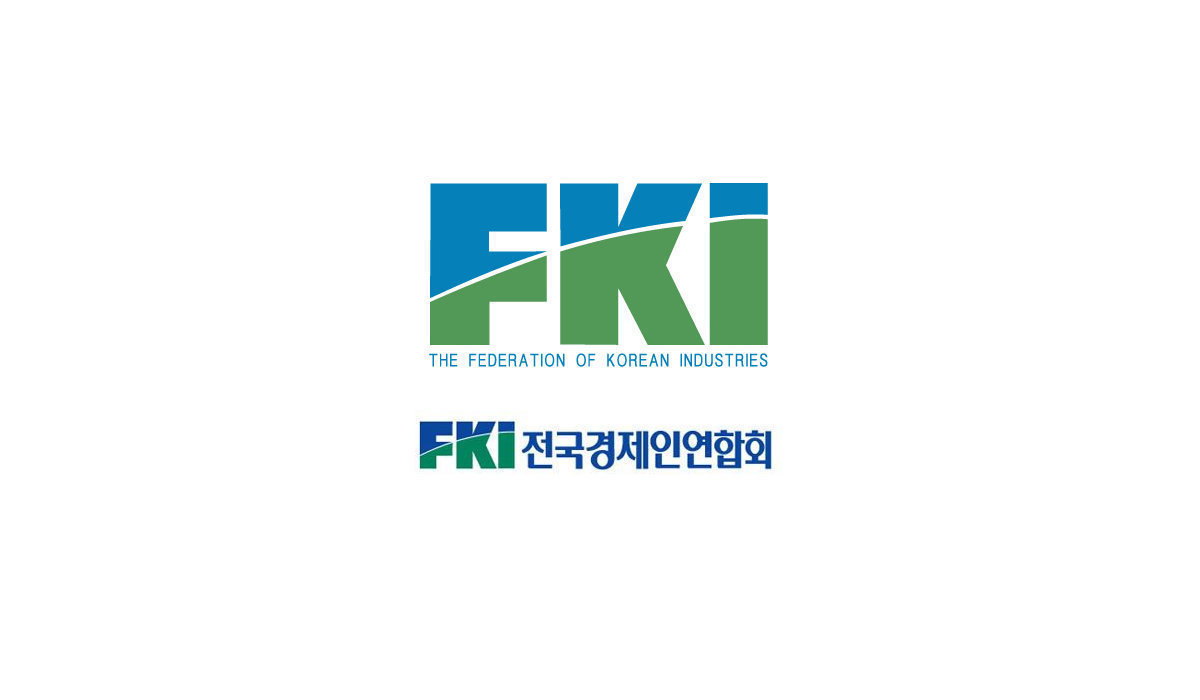
The number of mergers and acquisitions by Korean companies that took place over the past 10 years was less than half of the average number of M&A cases in the US, UK, France, Germany and Japan in the same period.
A total of 1,063 M&A cases by Korean companies took place from January 2012 through January this year, which is about 41 percent of the five countries’ average figure of 2,598 cases, according to the Federation of Korean Industries.
The US topped the list with 3,350 cases, followed by Japan (3,202), France (2,764), Germany (1,967) and the UK (1,707).
By M&A size, the combined value of Korean companies’ M&A deals amounted to $273.7 billion, about a quarter of the five countries’ average ($1.933 trillion).
The US had the largest combined size of M&As with $2.88 trillion, followed by Japan ($884.7 billion), the UK ($640.7 billion), Germany ($533.6 billion) and France ($526.2 billion).
The combined value of M&A deals in Korea was only about half that of France.
While M&As in Korea mostly took place in existing industries, they were happening evenly across both existing and emerging industries in the five rich countries, the FKI said.
Two of the four largest M&A deals by value in the five rich countries took place in the emerging industries of healthcare and communication, while the other two occurred in the existing sectors of industrial materials and consumer staples.
In Korea, M&As were frequent only in the industrial materials sector, and there were none in healthcare.
The value of M&A deals was highest in healthcare in the US and Germany; in communication in Japan and the UK; and in industrial materials in France.
The FKI said M&As in Korea were sluggish compared to the five rich countries because of its regulatory environment.
When promising small- and medium-sized venture firms are incorporated into conglomerates through M&A, they become subjected to holding company regulations or bans on support by affiliates.
“Whereas companies in the past set up new firms to enter emerging industries, now they do it through M&As,” said Yu Hwan-ik, chief of the FKI’s industrial research division.
“Regulations need to be eased to help businesses enter emerging industries through M&As.”
A total of 1,063 M&A cases by Korean companies took place from January 2012 through January this year, which is about 41 percent of the five countries’ average figure of 2,598 cases, according to the Federation of Korean Industries.
The US topped the list with 3,350 cases, followed by Japan (3,202), France (2,764), Germany (1,967) and the UK (1,707).
By M&A size, the combined value of Korean companies’ M&A deals amounted to $273.7 billion, about a quarter of the five countries’ average ($1.933 trillion).
The US had the largest combined size of M&As with $2.88 trillion, followed by Japan ($884.7 billion), the UK ($640.7 billion), Germany ($533.6 billion) and France ($526.2 billion).
The combined value of M&A deals in Korea was only about half that of France.
While M&As in Korea mostly took place in existing industries, they were happening evenly across both existing and emerging industries in the five rich countries, the FKI said.
Two of the four largest M&A deals by value in the five rich countries took place in the emerging industries of healthcare and communication, while the other two occurred in the existing sectors of industrial materials and consumer staples.
In Korea, M&As were frequent only in the industrial materials sector, and there were none in healthcare.
The value of M&A deals was highest in healthcare in the US and Germany; in communication in Japan and the UK; and in industrial materials in France.
The FKI said M&As in Korea were sluggish compared to the five rich countries because of its regulatory environment.
When promising small- and medium-sized venture firms are incorporated into conglomerates through M&A, they become subjected to holding company regulations or bans on support by affiliates.
“Whereas companies in the past set up new firms to enter emerging industries, now they do it through M&As,” said Yu Hwan-ik, chief of the FKI’s industrial research division.
“Regulations need to be eased to help businesses enter emerging industries through M&As.”



![[Exclusive] Korean military set to ban iPhones over 'security' concerns](http://res.heraldm.com/phpwas/restmb_idxmake.php?idx=644&simg=/content/image/2024/04/23/20240423050599_0.jpg&u=20240423183955)

![[Graphic News] 77% of young Koreans still financially dependent](http://res.heraldm.com/phpwas/restmb_idxmake.php?idx=644&simg=/content/image/2024/04/22/20240422050762_0.gif&u=)



![[Pressure points] Leggings in public: Fashion statement or social faux pas?](http://res.heraldm.com/phpwas/restmb_idxmake.php?idx=644&simg=/content/image/2024/04/23/20240423050669_0.jpg&u=)










